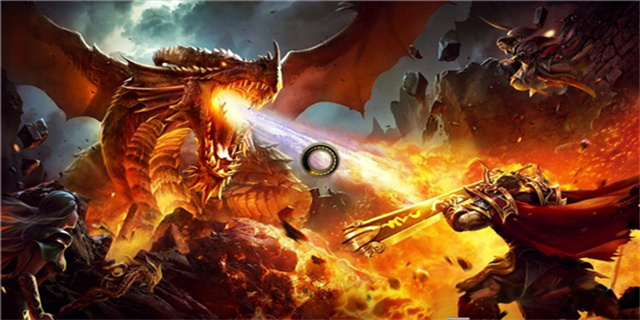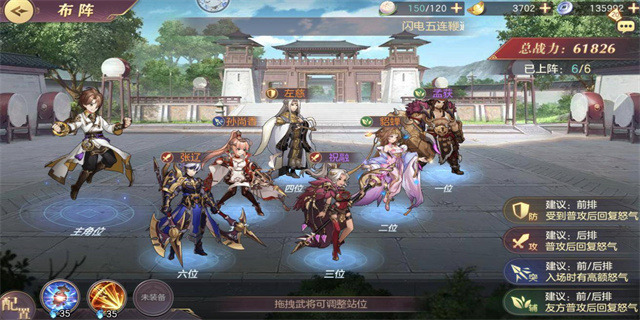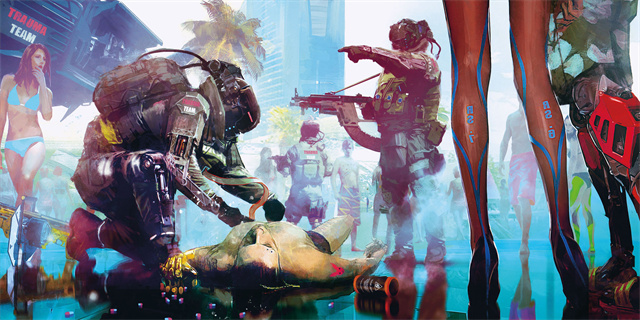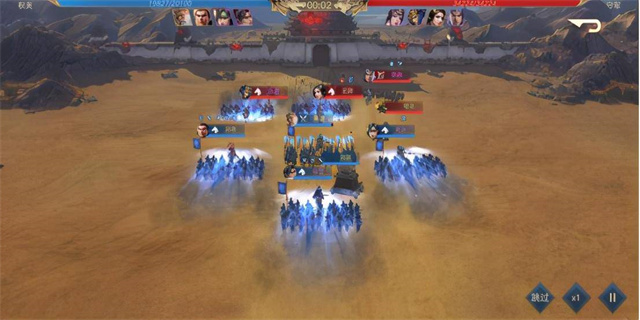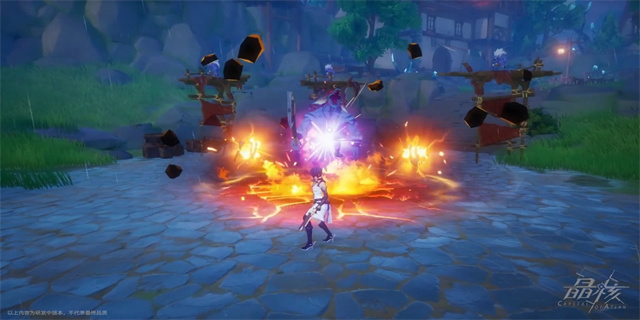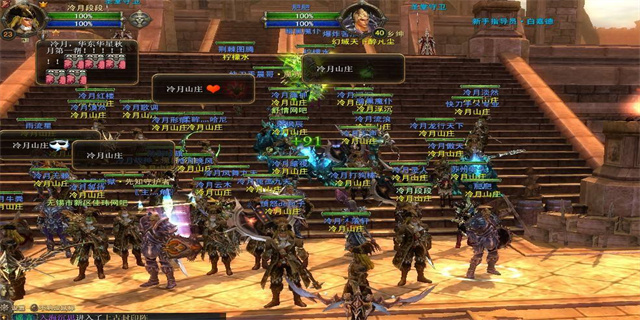The Art of Representation
Introduction
Representation is an essential concept in various fields, including politics, art, and communication. It involves creating and presenting images, symbols, or ideas that stand for something else. The power of representation lies in its ability to influence our perception and understanding of the world. This article explores the significance of representation and how it shapes our individual and collective realities.

The Power of Images
Images hold immense power in representation. They can evoke emotions, convey messages, and shape our perceptions. In the realm of politics, images play a crucial role in defining and promoting political agendas. Political campaigns often use carefully crafted images to project a specific image of a candidate or idea. Take, for example, the iconic image of Che Guevara, which has become synonymous with rebellion and the fight against oppression. This representation has helped to ignite passionate movements and fuel political ideologies.
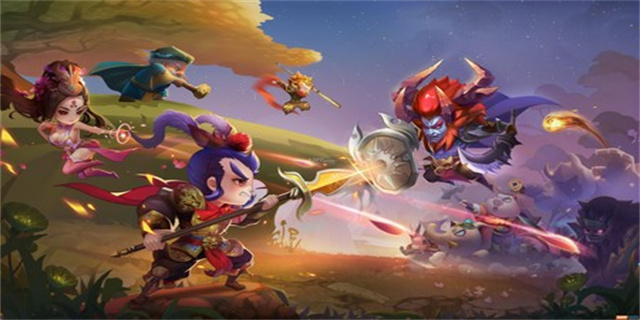
In art, representation takes on yet another dimension. Artists use their medium to depict reality or imagination, creating representations that provoke thought and contemplation. Paintings, sculptures, and other forms of art can challenge societal norms, question authority, and inspire change. Consider the works of Frida Kahlo, whose self-portraits represented her pain, struggle, and identity as a woman of Mexican descent. These representations resonate with audiences, fostering empathy and understanding.
Media and Representation
The media plays a significant role in shaping our understanding of the world. Through various forms of media, such as television, film, and social media, we are exposed to different representations constantly. However, it is essential to be critical of the media we consume, as it often presents a skewed version of reality. Media representations can perpetuate stereotypes, reinforce biases, and limit our understanding of diverse perspectives.
For example, mainstream media has a history of misrepresenting certain communities based on race, gender, or socio-economic status. This misrepresentation can lead to misunderstandings, discrimination, and the marginalization of certain groups. It is crucial for media outlets to strive for accurate and inclusive representations, providing a more holistic view of society.
Representation and Identity
Representation plays a vital role in shaping individual and collective identities. It influences how we perceive ourselves and how others see us. For marginalized communities, representation is crucial in giving voice and visibility to their experiences and struggles. By creating diverse and authentic representations, we can challenge preconceived notions and promote inclusivity.
In recent years, there has been a growing demand for more diverse representation in the media and entertainment industry. This demand stems from the recognition that underrepresentation can perpetuate stereotypes and limit opportunities for marginalized groups. By offering a wider range of representations, we can celebrate differences, foster empathy, and create a more inclusive society.
Conclusion
Representation is a powerful tool that shapes our perception of the world. It influences our understanding of politics, art, and identity. Images and media representations have the ability to evoke emotions, challenge societal norms, and bring about social change. As consumers of media, it is important to be critical of the representations we encounter and demand more inclusive and accurate depictions. By embracing diverse representations, we can create a more equitable and empathetic society.


